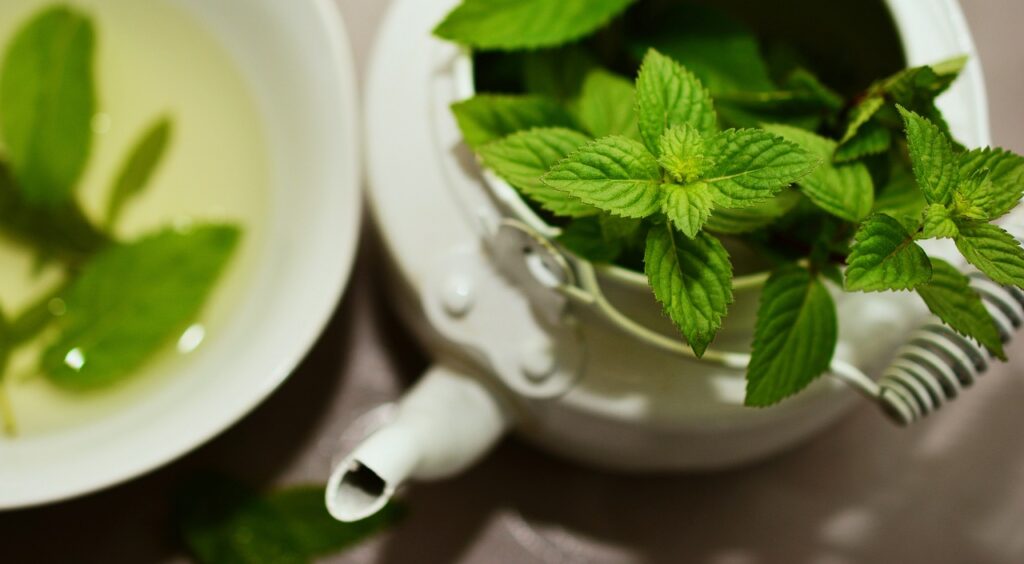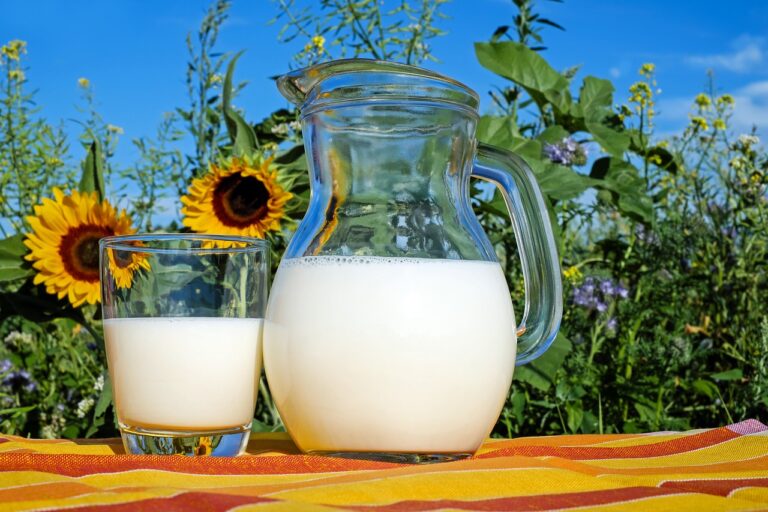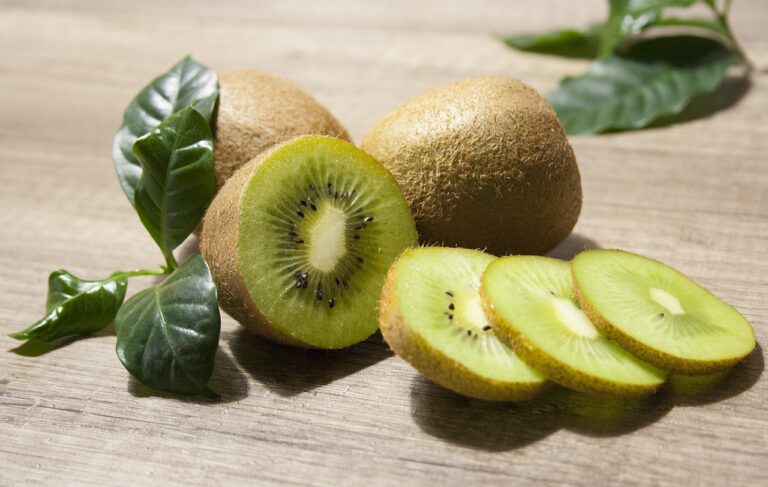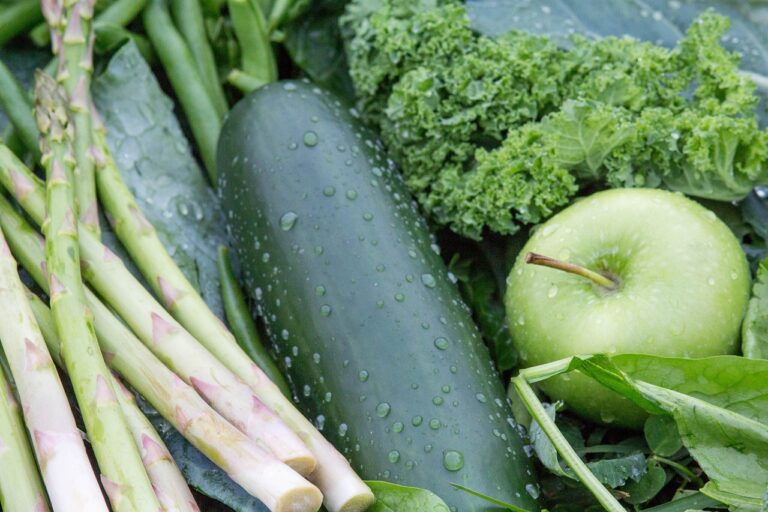Contents
ToggleMint, with its refreshing aroma and versatile applications, is more than just a garnish for your favorite dishes. The abundant health benefits of mint are well-documented, making it a staple in traditional medicine and modern health practices alike. From aiding digestion to enhancing mental clarity, mint’s health-boosting properties are as diverse as they are powerful. In this comprehensive guide, we will delve into the abundant health benefits of mint, exploring its various uses and the science behind its effectiveness.

Abundant health benefits of mint
The History and Background of Mint
Mint has been used for thousands of years across various cultures for its medicinal properties. Ancient Egyptians, Greeks, and Romans valued mint not only for its culinary uses but also for its ability to treat various ailments. Today, mint remains a popular ingredient in both traditional and alternative medicine, revered for its versatility and effectiveness.
1. Digestive Health
Peppermint Tea for Indigestion
One of the most well-known abundant health benefits of mint is its ability to aid digestion. Peppermint tea, in particular, is renowned for its soothing effect on the stomach. The menthol in peppermint helps relax the muscles of the gastrointestinal tract, reducing symptoms of bloating and gas. Studies have shown that peppermint oil can significantly reduce symptoms of irritable bowel syndrome (IBS), making it a natural remedy for those suffering from this chronic condition.
Relief from Bloating and Gas
Mint’s carminative properties help in the expulsion of gas from the stomach or intestines, providing relief from bloating and discomfort. Chewing on fresh mint leaves or drinking mint-infused water can be a simple and effective way to alleviate these symptoms.
2. Respiratory Health
Sinus Relief with Mint
Another significant aspect of the abundant health benefits of mint is its effectiveness in relieving respiratory issues. The menthol in mint acts as a natural decongestant, helping to clear the nasal passages and improve airflow. Inhaling steam with a few drops of peppermint oil can provide immediate relief from sinus congestion.
Easing Symptoms of Colds and Coughs
Peppermint oil is often used in natural remedies for colds and coughs. Its antimicrobial properties help fight off infections, while its soothing effect eases throat irritation. Adding a few drops of peppermint oil to a humidifier or diffuser can help reduce coughing and promote easier breathing.
3. Oral Health
Fresh Breath and Antibacterial Properties
The abundant health benefits of mint extend to oral health as well. Mint is a common ingredient in toothpaste and mouthwash due to its strong antibacterial properties, which help combat bad breath and prevent oral infections. Chewing on fresh mint leaves or using mint-based mouthwash can help maintain fresh breath throughout the day.
Prevention of Gum Diseases
Mint’s antimicrobial properties also play a role in preventing gum diseases such as gingivitis. Regular use of mint-based oral care products can reduce the risk of plaque build-up and maintain overall oral hygiene.
4. Skin Care
Acne Treatment with Mint
Mint’s anti-inflammatory and antibacterial properties make it an excellent natural remedy for acne. Applying mint juice or crushed mint leaves to the skin can help reduce acne breakouts and soothe inflamed skin. Mint can also help control excess oil production, which is a common cause of acne.
Mint in Skincare Products
Many skincare products include mint for its refreshing and rejuvenating effects. Mint-based lotions, creams, and face masks can provide a cooling sensation that helps soothe irritated skin and reduce redness.
5. Mental Health and Cognitive Function
Aromatherapy with Mint
The abundant health benefits of mint are not limited to physical health; they extend to mental well-being as well. Mint aromatherapy is known for its calming and invigorating effects. Inhaling the scent of mint can reduce stress and anxiety, promote relaxation, and improve overall mood.
Enhancing Focus and Mental Clarity
Studies have shown that the scent of mint can enhance cognitive function and improve mental clarity. Whether it’s using peppermint essential oil in a diffuser or simply inhaling the aroma of fresh mint leaves, incorporating mint into your daily routine can help boost concentration and focus.
6. Weight Management
Mint as a Digestive Aid
Another aspect of the abundant health benefits of mint is its role in weight management. Mint can aid digestion and boost metabolism, helping the body burn more calories efficiently. Drinking mint tea or adding mint to your meals can support your weight loss efforts.
Mint-Infused Water for Hydration
Staying hydrated is crucial for weight management, and mint-infused water is a delicious and refreshing way to ensure you’re drinking enough fluids. The added flavor can make it easier to consume the recommended daily amount of water, promoting better hydration and overall health.
7. Antioxidant Properties
Protecting Against Oxidative Stress
Mint is rich in antioxidants, which are compounds that protect the body against oxidative stress and free radical damage. The abundant health benefits of mint include its ability to reduce the risk of chronic diseases such as cancer and heart disease. Consuming mint regularly can help maintain a healthy balance of antioxidants in the body.
Anti-Aging Benefits
The antioxidants in mint also contribute to its anti-aging properties. Regular consumption of mint can help reduce the signs of aging, such as wrinkles and fine lines, by protecting the skin from damage caused by free radicals.
8. Culinary Uses of Mint
Healthy Recipes Incorporating Mint
Mint’s versatility in the kitchen is another reason why it’s valued for its health benefits. Adding mint to your meals not only enhances flavor but also provides numerous health benefits. Some healthy recipes incorporating mint include:
- Mint and Cucumber Salad: A refreshing salad that aids digestion and provides a boost of vitamins and minerals.
- Mint Smoothie: A nutritious smoothie with mint, spinach, banana, and almond milk, perfect for a healthy breakfast or snack.
- Mint-Infused Water: A simple yet effective way to stay hydrated and enjoy the benefits of mint throughout the day.
Mint in Detox Diets
Mint is a popular ingredient in detox diets due to its ability to cleanse the body and support liver function. Mint detox drinks can help flush out toxins and improve overall health.
9. Allergy Relief
Natural Antihistamine Properties
The abundant health benefits of mint include its natural antihistamine properties, which can help alleviate allergy symptoms. Mint contains rosmarinic acid, a compound that has been shown to reduce inflammation and allergic reactions. Consuming mint or using mint oil can help manage symptoms of seasonal allergies.
Peppermint Oil for Allergies
Applying peppermint oil to the chest or temples can provide relief from allergy symptoms such as nasal congestion and headaches. The cooling effect of peppermint oil can also soothe itchy and irritated skin caused by allergic reactions.
10. Pain Relief
Peppermint Oil for Headaches
One of the most widely recognized abundant health benefits of mint is its effectiveness in relieving headaches. Applying peppermint oil to the temples and forehead can provide quick relief from tension headaches and migraines. The cooling sensation and menthol content help relax muscles and improve blood flow.
Mint for Muscle Pain
Mint can also be used to relieve muscle pain and soreness. Massaging the affected area with mint oil or using mint-based balms can help reduce inflammation and provide a soothing effect.
The abundant health benefits of mint make it a valuable addition to any health regimen. From improving digestion and respiratory health to enhancing mental clarity and skin care, mint offers a wide range of benefits that support overall well-being. Whether consumed as a tea, used in cooking, or applied topically, mint’s versatile applications make it a powerful natural remedy for various health issues. By incorporating mint into your daily routine, you can enjoy its numerous health benefits and improve your quality of life.
Healthy and tasty mint recipes
Here are three healthy and tasty mint recipes that you can try:
1. Tomato Salad with Mint
This refreshing and simple salad combines juicy summer tomatoes with the fresh taste of mint. It’s perfect as a side dish or a light meal.
Ingredients:
- 1½ pounds fresh tomatoes
- 20 mint leaves
- 2 shallots, thinly sliced
- 5 tablespoons olive oil
- Juice of 1 lemon
- Salt and pepper to taste
Instructions:
- In a salad bowl, mix olive oil, mint, lemon juice, salt, and pepper.
- Slice the tomatoes using a serrated knife and remove the cores. Slice into irregular chunks and mix with the mint dressing.
- Add the thinly sliced shallots, mix well, and let rest at room temperature before serving.
For more details, visit the full recipe at Giangi’s Kitchen (GiangisKitchen).
2. Watermelon Mint Lemonade
This beverage is perfect for hot summer days, combining the sweetness of watermelon with the tanginess of lemon and the freshness of mint.
Ingredients:
- ½ cup granulated sugar
- ½ cup water
- 10 cups seedless watermelon, cubed
- 1 cup fresh-squeezed lemon juice
- ½ cup loosely packed mint leaves
- Lemon slices and mint sprigs for serving
Instructions:
- Make a simple syrup by boiling water and sugar, then set aside to cool.
- Blend the watermelon and mint leaves until pureed, then strain through a fine-mesh sieve.
- Mix the pureed watermelon with lemon juice and simple syrup in a pitcher.
- Chill in the fridge for 20 minutes, and serve with ice, lemon wedges, and mint sprigs.
Find the full recipe at HealthyBeat (HealthyBeat).
3. Middle Eastern Chopped Salad
This vibrant salad is packed with fresh vegetables and herbs, making it both healthy and delicious.
Ingredients:
- 2 cups diced tomatoes
- 1 cup diced cucumbers
- ½ cup chopped red onion
- 1 cup chopped parsley
- ½ cup chopped mint
- Juice of 1 lemon
- 3 tablespoons olive oil
- Salt and pepper to taste
Instructions:
- Combine tomatoes, cucumbers, red onion, parsley, and mint in a large bowl.
- In a small bowl, whisk together lemon juice, olive oil, salt, and pepper.
- Pour the dressing over the salad and toss to combine.
For more inspiration, check out This Healthy Table (This Healthy Table).
These recipes are not only healthy but also highlight the versatile use of mint in various dishes, from salads to refreshing drinks. Enjoy experimenting with these recipes and incorporating mint into your diet for its abundant health benefits!
People Also Ask
1. What are the main health benefits of consuming mint?
Mint is known for its numerous health benefits, which include aiding digestion, improving respiratory health, enhancing oral hygiene, and providing relief from headaches and muscle pain. Its anti-inflammatory and antioxidant properties also make it beneficial for skin care and overall wellness.
2. How does mint help with digestion?
Mint helps with digestion by relaxing the muscles of the gastrointestinal tract, which can reduce symptoms of bloating, gas, and irritable bowel syndrome (IBS). Drinking peppermint tea or consuming mint-infused water can ease digestive discomfort and improve overall digestive health.
3. Can mint improve mental clarity and reduce stress?
Yes, the scent of mint has been shown to enhance cognitive function and improve mental clarity. Aromatherapy with mint can reduce stress and anxiety, promote relaxation, and boost mood. Inhaling mint or using peppermint essential oil in a diffuser can help enhance focus and concentration.






[…] […]
[…] Summer is a season of sunshine, warmth, and outdoor activities. As the temperature rises, our bodies require a different set of nutrients to stay healthy and hydrated. Embracing healthy food in summer… Read More […]
[…] Summer is a season of sunshine, warmth, and outdoor activities. As the temperature rises, our bodies require a different set of nutrients to stay healthy and hydrated. Embracing healthy food in summer… Read More […]
[…] Summer is a season of sunshine, warmth, and outdoor activities. As the temperature rises, our bodies require a different set of nutrients to stay healthy and hydrated. Embracing healthy food in summer… Read More […]
[…] Summer is a season of sunshine, warmth, and outdoor activities. As the temperature rises, our bodies require a different set of nutrients to stay healthy and hydrated. Embracing healthy food in summer… Read More […]